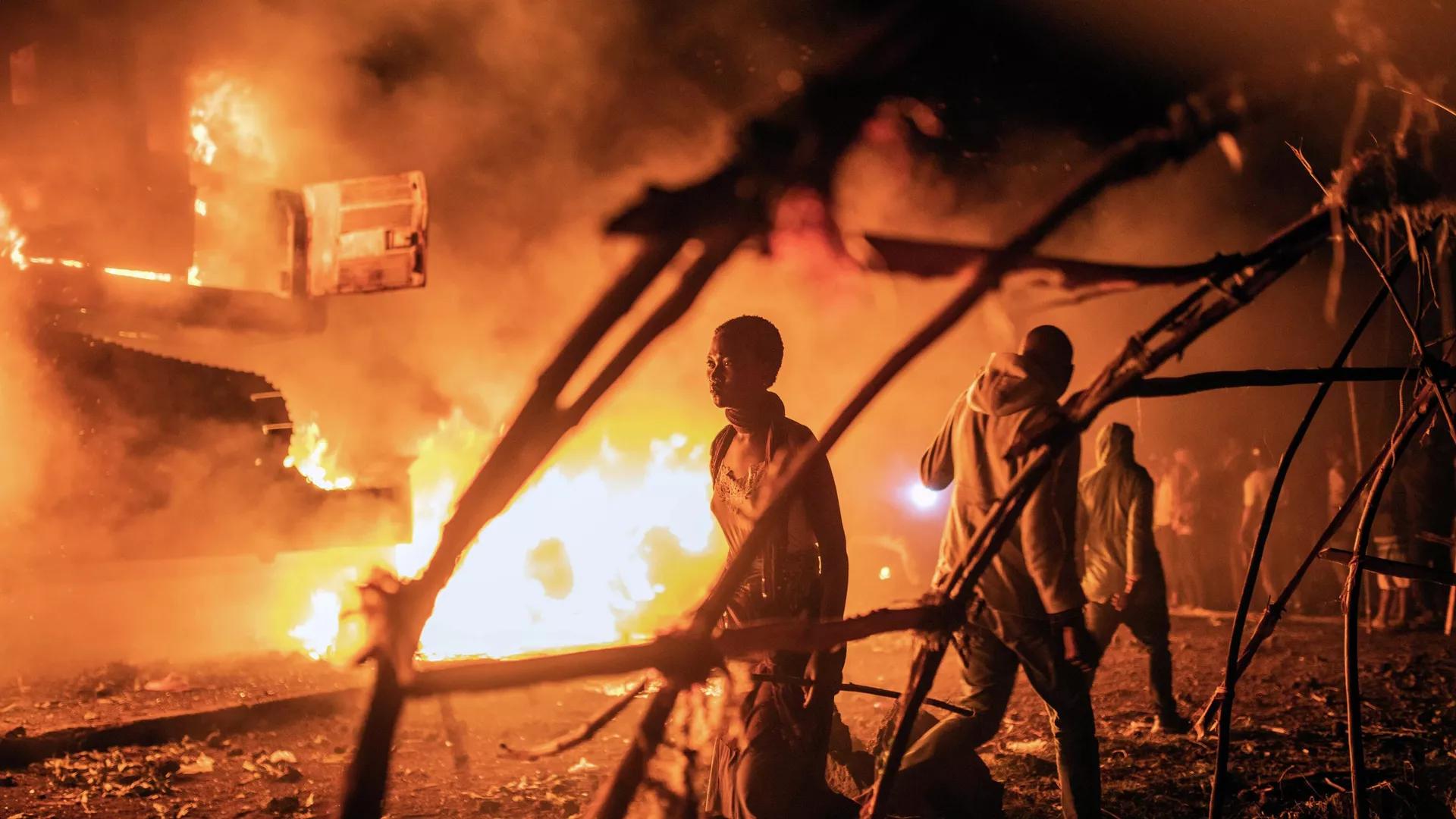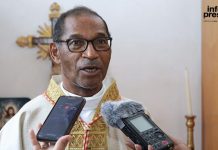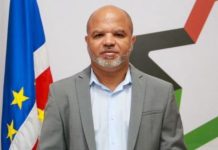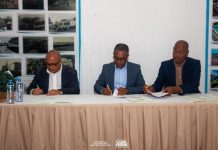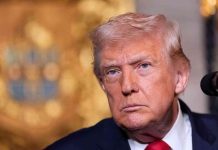Africa-Press – Cape verde. Earlier this week, the British media reported, citing leaked documents, that a lobbying business with connections to the UK Conservative Party was planning a campaign to influence the 2011 Democratic Republic of the Congo (DRC) election on behalf of a Canadian mining corporation.
Despite the end of classic colonialism, European nations continue to engage in political games in Africa, intended to maintain a “stranglehold on African resources,” Dr. Moses Tofa, a pan-Africanist and political analyst, told Sputnik.
Tofa, who heads the African Leadership Center’s research agenda on Peace, Society and the State in Africa from the Nairobi office, recalled the August remarks by South African Minister of International Relations and Cooperation Naledi Pandor, who said that “a lot” of the external interference in Africa “has fueled conflict in many African countries, has fueled instability and supported opposition groups against liberation fighters and so on.”
According to the expert, given the secrecy and deceitfulness of these influencing campaigns, not many people in Africa, especially ordinary citizens, are aware of them. What is evident, though, is that they “have been hugely successful in creating toxic polarization among Africans.”
A recent media report claimed that a British lobbying firm, CT Group, attempted to sway political outcomes in a number of African nations on behalf of wealthy commercial clients. The company, co-owned by one of the top Tories Lynton Crosby, intended a covert operation to aid First Quantum Minerals in influencing the 2011 presidential elections in the DRC in order to restore the client’s revoked mining license in exchange for millions of pounds.
Apart from that, the report claimed that CT Group engaged in secretive political influence work in Zambia to remove the government’s leader on behalf of the mining business. Denying Africa’s Right to Govern Itself
To indicate the seriousness of these revelations on the scale of the whole continent, the political scientist turned to the history of the colonialism of the Western powers, which, in his opinion, was robbing Africans of even “the most basic” human rights and taking resources, particularly their land. And such principles of democracy as elections of their own government were historically reserved for the colonialists, which served as a serious fuel for the pan-African struggle for independence.
Tofa added that most constitutions in modern-day Africa state that “the authority to govern drives from the governed,” and the regular, free, and fair elections must be held in order for the people to grant or withdraw legitimacy.
However, the purported actions of CT Group seriously infringe on Africans’ right to choose their own leaders, the analyst argued. And “this is a right which Africans valiantly fought for.”
“Alleged foreign interference in African elections is rising. This is causing voters to lose trust in elections,” Tofa explained. He gave examples of Kenya’s August 2022 elections and Zimbabwe’s 2013 elections, in both of which the claims of foreign interference in order to rig the results were brought.
‘Serious Threat to Independence’ That Can Spread Across Continent
Talking to Sputnik about the possible reaction of the African states to the investigative media report, Tofa contented that the affected governments must undoubtedly respond to these findings since they pose a “serious threat” to their territorial integrity, independence, and sovereignty. Hence, the stability of the afflicted countries will be threatened if this is allowed to continue.
Moreover, the political analyst expressed the opinion that this kind of malicious actors are ultimately able to finance warlords who would take power through military coups, particularly in light of the unsettling rise in military coups across the continent.
Speaking of specific measures that African countries can and are able to take to limit foreign political influence and manipulation, the expert reminded that one of the anticipations concerning African independence was that the nations would use it to take control of their economies. But when they gained independence, African nations had to make two challenging decisions.
The first option was to “unapologetically” implement significant political and economic reforms in order to fulfill independence’s promises and aspirations, but this would put the countries at risk of economic and political instability brought on by vengeful colonial interests. The alternative was to play it safe and not take any drastic action in order to appease the Western interests, but this would outrage a restive populace that demanded immediate redress for previous injustices.
According to Tofa, countries that made the first decision were quickly engaged in conflict, which sometimes included assassinating the founding fathers of their nations.
‘Africa Unite’
Still, Tofa suggested that there is indeed a number of strategies which can be used by African nations to fend off political manipulation, but it is important to understand that many obstacles still stand in the way.
First, according to him, the nations of the continent must adopt proactive measures that give them the ability to regulate their economy free from foreign dictates. This includes building the capacity to extract their natural resources, enhance their worth, and exporting them only as finished goods; these are just some examples of such actions. The nations must encourage unity, intra-African trade, and policy harmonization. Thus, they will be able to interact with foreign actors as a group rather than as isolated individuals or small groups.
Second, the African governments must also pass and enforce laws that limit the activities that foreign actors can engage in on the continent. For instance, Tofa said, because it will give them political influence, foreign actors should not be permitted to sponsor electoral activities and processes.
Third, there is a need to implement effective anti-corruption measures, particularly with regard to the operations of multinational corporations and their covert interactions with the political and commercial elites, the expert concluded.
Africa has long suffered from foreign interference in its sovereign affairs, especially with regard to its own development and the resolution of the continent’s many conflicts.
Russia has repeatedly emphasized the unacceptability of interference in the affairs of sovereign states and insisted on strengthening state institutions so that African countries could independently solve their problems and the problems common for the continent, not depending on the global organizations and Western financial aid, which often comes with conceding conditions.
For More News And Analysis About Cape verde Follow Africa-Press

